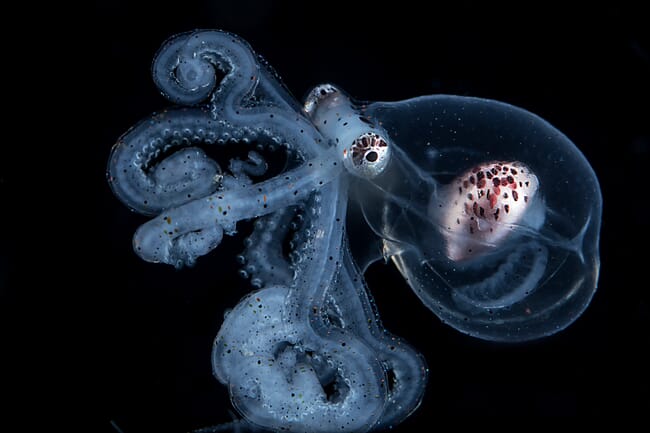
However, there are still no commercial-scale octopus farms in operation
Introduced by US Senators Sheldon Whitehouse (D-RI) and Lisa Murkowski (R-AK), the bipartisan legislation follows the introduction of similar bills in various states, including HB 1153 in Washington state, which was signed into law by Governor Jay Inslee this March.
Aquatic Life Institute, which says it played a central role in supporting each of the legislations, believes that the introduction of this federal bill signifies a watershed moment in protecting against the environmental, ethical and public health challenges associated with octopus farming.
The bill, referred to as “Opposing the Cultivation and Trade of Octopus Produced through Unethical Strategies Act of 2024” (the OCTOPUS Act), it prohibits any authorisation of commercial octopus aquaculture operations in the United States and its exclusive economic zone.
The it also prohibits the importation into the United States - or the re-exportation - of commercially aquacultured octopus, including any living or dead specimens, parts, or derivatives, or any product containing specimens, parts, or derivatives of such octopus.
“Octopuses are among the most intelligent creatures in the oceans. And they belong at sea, not suffering on a factory farm. My bipartisan bill with Senator Murkowski would pre-emptively prevent US companies from participating in this brutal practice before it takes root,” said Senator Whitehouse.
“Aquatic Life Institute, along with the 145 organisations from around the globe who are part of our Aquatic Animal Alliance coalition, applaud Senators Whitehouse and Murkowski’s leadership on this matter. Octopuses are symbolic of the intelligent, charismatic, and curious natures of aquatic animals. They have become relatable to people around the world through compelling documentaries like My Octopus Teacher,” said Sophika Kostyniuk, managing director of Aquatic Life Institute.
“As the global 2030 climate deadline begins to loom over us, an agreed upon timeline by which significant positive change must begin to occur to ensure that we live sustainably into the future, we need to be far more mindful of our food choices and move away from harmful and unsustainable initiatives, like farming new carnivorous species,” she added.



